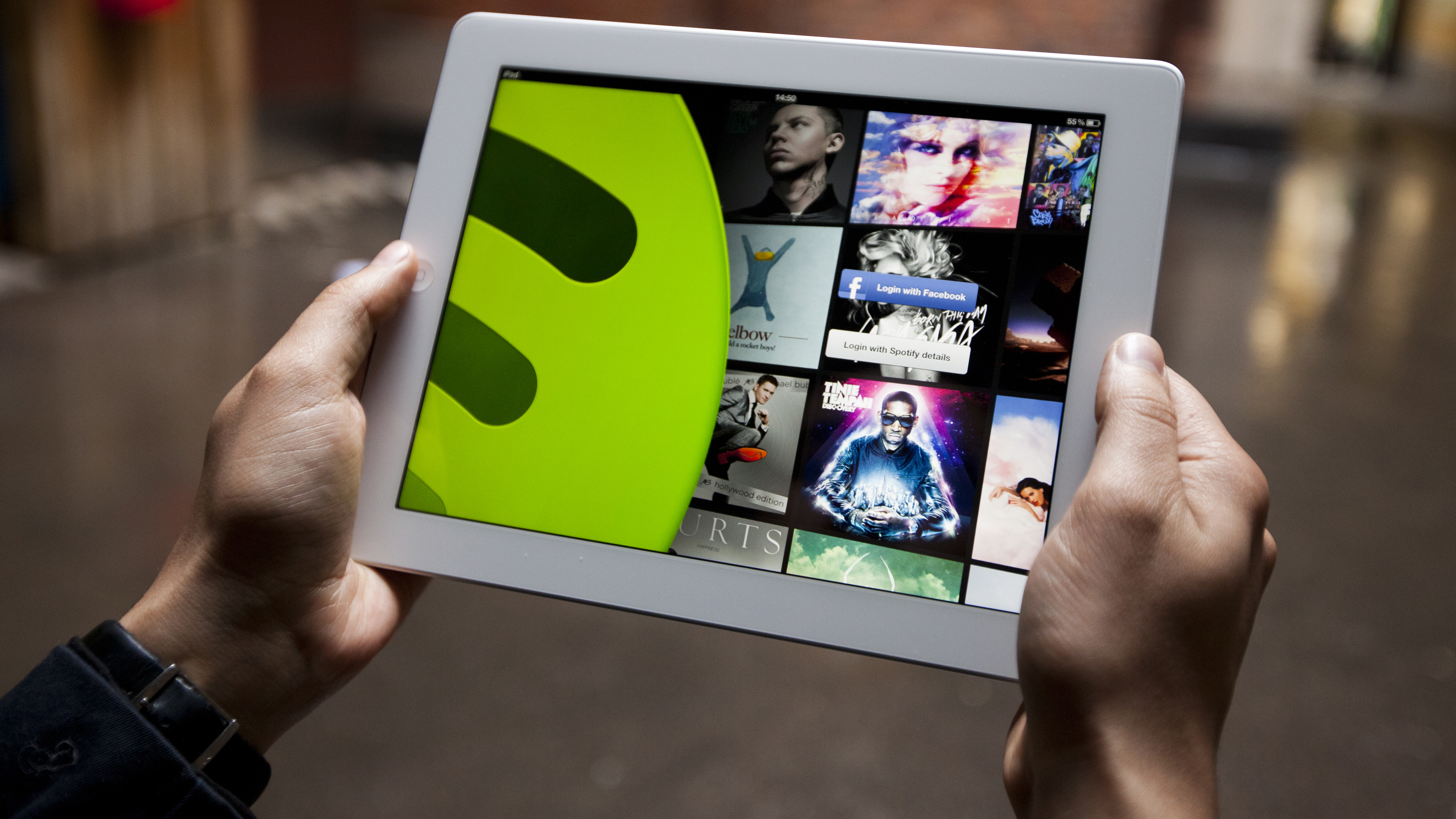Spotify buying Echo Nest is great news for fans - horrible news for everyone else
Spotify just got a whole load more powerful

Around the world, every day, a lot of people listen to a lot of music. In fact, more people are listening to more music than ever before.
Relatively speaking, only a tiny percentage of those people use Spotify for that listening, but it's enough that the Swedish company has grown rapidly to become the second biggest music streaming service in the world (the biggest being YouTube, of course).
But there's another company that you might not have heard of which has an even deeper relationship with music listeners.
The Echo Nest was founded in a kitchen in 2005 by a pair of graduate students at the Massachusetts Institute of Technology who were frustrated about how hard it was to decide what to listen to. In the nine years since, they've built a database that covers 2,680,446 artists, 35,421,033 songs, and an astonishing 1,168,22,555,673 datapoints about the relationships between them.
Music intelligence
The company calls this data "music intelligence", and with good reason. For every song in its database, the Echo Nest knows a huge amount, from basic variables like artist, title, length, tempo, loudness and key signature to much deeper properties of music - like how "energetic" or "danceable" it is. It can even pair up similar listeners.
Armed with this information, the Echo Nest is better than anyone else in the world at predicting what you'll want to listen to next.
That'll be why Spotify has just bought the company for an undisclosed sum. Spotify has in the past used the Echo Nest's services to power its music recommendations service (before it built its own algorithms), but more than 400 other companies around the world are using it today - including Spotify's direct competitors like Rdio, iHeartRadio, Deezer and Rhapsody, as well as others like eMusic, Twitter Music, Vevo and the BBC.
Get daily insight, inspiration and deals in your inbox
Sign up for breaking news, reviews, opinion, top tech deals, and more.
Spotify has promised to keep the Echo Nest's data feeds free and open for developers. "The developer community is crucial to the success of both Spotify and The Echo Nest and will remain a priority for the combined companies," said the company in a statement. But the acquisition will still cause significant ripples in the music streaming world, in two ways.
The first is that Spotify's competitors are going to need to find a new source of data. Spotify was cagey when TheNextWeb asked the company what will happen with its direct competitors, saying: "In the few cases where The Echo Nest does work with direct competitors we will work with them to understand these relationships and determine the next business steps."
Translated, that means don't rely on anything once contracts are up.
Fleeing the Nest
That's bad news if your favourite music streaming service isn't Spotify. "Unless startups are willing to create highly skilled teams of musicologists, machine learning PhDs and engineers that know how to tap big data, a company isn't going to get close to what The Echo Nest can do," said digital music blogger Jon Maples in a blog post.
But no doubt some will give it a go, or follow Beats Music's lead in putting more emphasis human curation, which could spark a wave of innovation that ultimately makes music recommendations better for everyone.
The second way this changes the music streaming landscape is that it pumps up the value of Spotify in advance of its rumoured IPO. Bloomberg reports that the company is speaking to Goldman Sachs Group about raising a credit facility, a move that often precedes an initial public offering. With the Echo Nest under its belt, Spotify is worth considerably more to investors than alone.
If you're a Spotify user, you should be happy about the move - the company has inherited a treasure-trove of music data, which can only make Spotify's products better. "With The Echo Nest joining Spotify, we will make a big leap forward in our quest to play you the best music possible," said Daniel Ek in the company's statement.
But if you're not, you might find the musical rug being whipped out from underneath you. The music streaming market is bloated - there are too many companies trying to do extremely similar things. Analysts have long predicted a thinning of the ranks, but as yet it hasn't happened. We might be witnessing the first salvo in the great music streaming service die-off of 2014.
